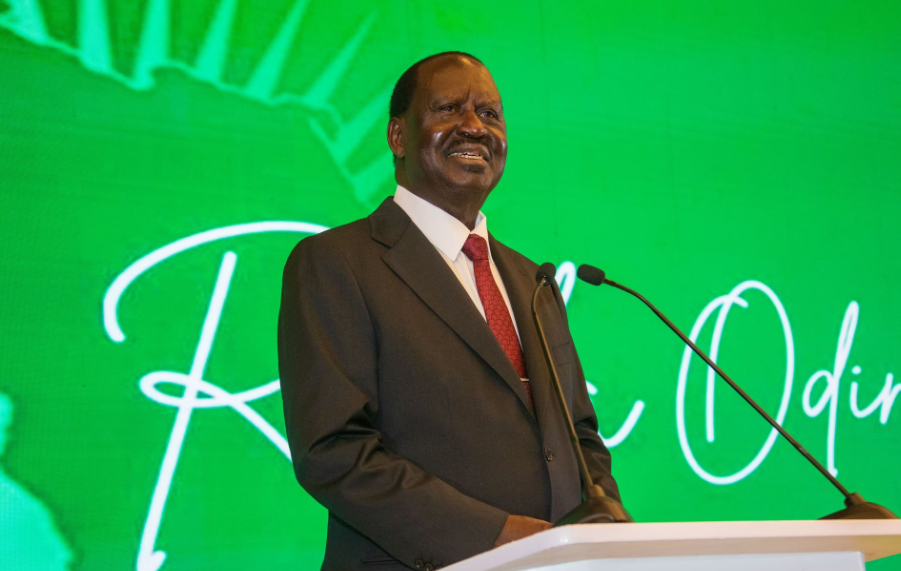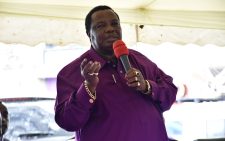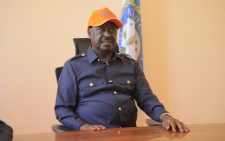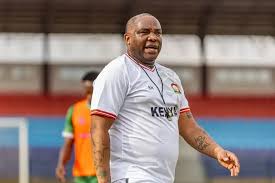Raila exit from domestic politics boon for others

Raila Odinga appears poised to take on a continental role at the African Union Commission (AUC). Endorsements are flowing in from different African countries.
His potential elevation is both a testament to his enduring stature as a statesman and a signal of seismic shifts in Kenya’s political dynamics.
While his path to victory at the AUC seems increasingly certain, his departure from active politics leaves a gaping void in Azimio la Umoja, ODM, and the broader opposition space. This transition marks the dawn of a new era, fraught with challenges and opportunities for Kenya’s political actors.
Raila’s track record as a champion of democratic values, regional integration, and Pan-Africanism solidifies his bid for the AUC leadership. Over the years, he has played pivotal roles in Kenya’s democratisation, epitomised by his steadfast push for constitutional reforms and his advocacy for social justice. His ability to engage with global leaders and his reputation as a unifier make him a compelling candidate for the AUC, where such qualities are critical and he appears to use all these in his charm offensive.
Additionally, Raila’s strategic alliances across Africa bolster his chances. His tenure as the African Union High Representative for Infrastructure Development showcased his dedication to regional development and the clincher appears to be the invaluable diplomatic capital his tenure afforded him.
Raila’s exit from domestic politics leaves a significant power vacuum. Azimio la Umoja, his flagship coalition, must grapple with reorganising itself in his absence. ODM, as the dominant party within Azimio, faces an existential dilemma: who will inherit Raila’s extensive political base and galvanise the coalition?
Two camps are emerging within ODM. On one hand, reformists like senators Edwin Sifuna and Richard Onyonka, and maverick Kitutu Chache South MP Anthony Kibagendi embody a new wave of leadership characterised by unwavering commitment to accountability and citizen-centric governance.
Their stance resonates strongly with Gen Z and millennials – dubbed ‘vantage buddies’ – who demand pragmatism and innovation over tribal affiliations. Sifuna’s insistence on holding the government accountable, even in the face of broad-based government arrangements, could position him as the moral compass for ODM’s future.
On the other hand, there are ODM insiders who view collaboration with President William Ruto’s administration as a strategic pivot. This camp argues that aligning with Ruto could safeguard ODM’s influence in a shifting political terrain, particularly as the President seeks to shore up his numbers in Mt Kenya. However, this approach risks alienating the party’s traditional support base, which views ODM as a bastion of reform and people-centric leadership, aspects that are conspicuously absent in the current regime.
Amid this reshuffling, Busia Senator Okiya Omtatah has emerged as a formidable figure. Known for his relentless legal activism and principled stand against impunity, Omtatah is increasingly seen as a unifying voice for civil society and progressive forces. His growing appeal to reformists, within and outside the political sphere, has positioned him as a potential torchbearer for a reimagined opposition. However, Omtatah must tread cautiously.
The scramble for association with him by individuals with questionable political pasts could dilute his credibility. To maintain his stature, he must prioritise integrity, build alliances judiciously, and focus on issues that resonate with the majority of Kenyans.
As Raila is poised to ascend to the continental level, his departure could catalyze the much-needed shift from personality-driven politics to issue-based leadership. Whether the current players rise to this challenge remains to be seen.
— The writer is a PhD student in Political Communication















